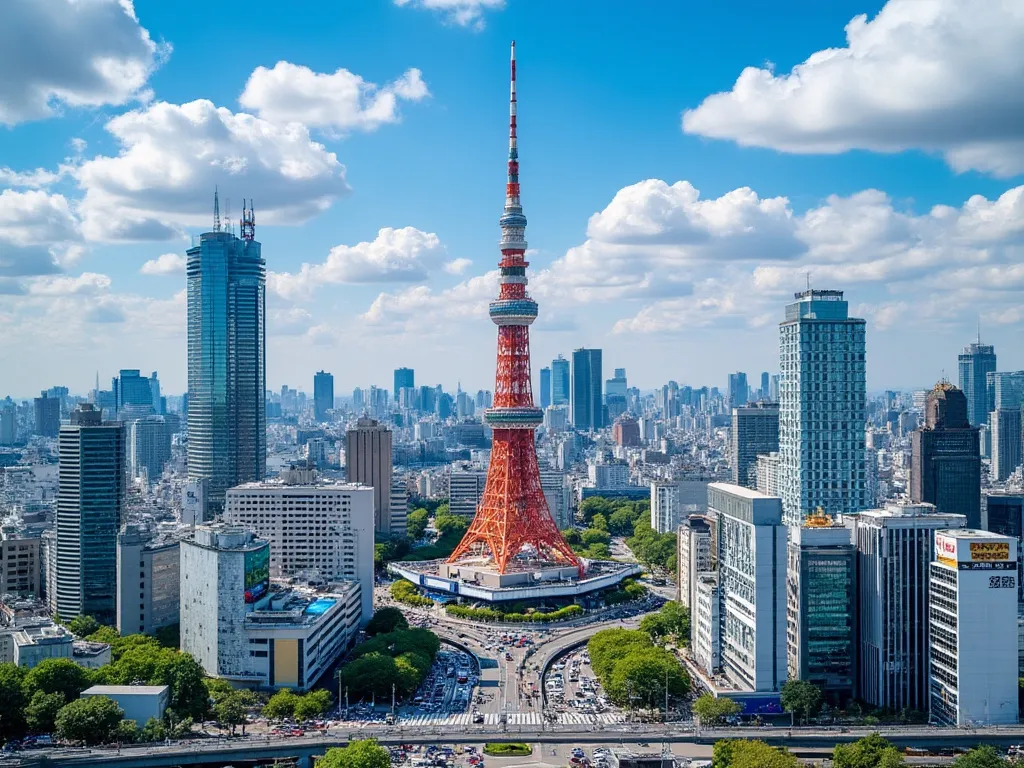
Tokyo, the capital city of Japan, is a fascinating blend of traditional and modern culture. With a population of over 38 million people, Tokyo is not only the most populous city in the world but also a hub of technological innovation, economic power, and cultural diversity. From its historic temples and shrines to its cutting-edge skyscrapers and world-class restaurants, Tokyo is a city that seamlessly blends tradition and innovation.
Tokyo information
| Country | 🇯🇵 Japan |
| Population | 38,140,000 |
| Coordinates | 35.6895° N, 139.6913° E |
| Area | 2,194 km² |
| Climate | Humid subtropical |
| Language | Japanese |
| Currency | Japanese yen |
| Time zone | UTC+9 |
| Proximity to other major cities | Yokohama (30 km), Nagoya (340 km), Osaka (500 km) |
Interesting facts about Tokyo
- Tokyo has the world's busiest intersection, Shibuya Crossing, with over 2,500 pedestrians crossing at the same time during rush hour.
- Tokyo has a vending machine for everything, including live crabs, umbrellas, and underwear.
- Tokyo has a special type of traffic light just for pedestrians that indicates how much time is left before the light changes.
Tourist attractions in Tokyo
Tokyo has a wide range of attractions that cater to different interests. Some of the top attractions include:
- Shibuya Crossing
- Meiji Shrine
- Tokyo Skytree
- Tsukiji Fish Market
- Asakusa
- Akihabara
Historical background of Tokyo
Tokyo has a rich history that dates back to the 15th century. The city was originally a small fishing village called Edo, but it rapidly grew into a major city during the 17th and 18th centuries. In 1868, the city was renamed Tokyo, which means "Eastern Capital" in Japanese, and became the capital of Japan. During the 20th century, Tokyo experienced rapid modernization and became a global center of business, finance, and technology.
Geographical location of Tokyo
Tokyo is located on the eastern coast of Honshu, the largest island of Japan. The city is situated on the Kanto Plain, a fertile alluvial plain that stretches from the Tokyo Bay to the foot of the Kanto Mountains. The city's location on the Pacific coast has made it an important center for international trade and commerce.
Cultural significance of Tokyo
Tokyo is a city of rich cultural heritage. The city is home to many historical landmarks, including the famous Tsukiji Fish Market, the Meiji Shrine, and the Imperial Palace. Tokyo is also a hub of contemporary culture, with many world-class museums, art galleries, and music venues. The city is known for its vibrant festivals and celebrations, including the Cherry Blossom Festival and the Tokyo Music Festival.
Economic importance of Tokyo
Tokyo is one of the world's leading economic centers. The city is home to the Tokyo Stock Exchange, one of the largest stock exchanges in the world, and many multinational corporations have their headquarters or regional offices in Tokyo. The city's strong economy is driven by a range of industries, including technology, manufacturing, and finance.
Conclusion on Tokyo
Tokyo is a city that offers a unique blend of tradition, innovation, and culture. From its rich history to its modern skyscrapers, Tokyo is a city that is full of life, energy, and excitement. Whether you're interested in history, technology, food, or culture, Tokyo has something for everyone.
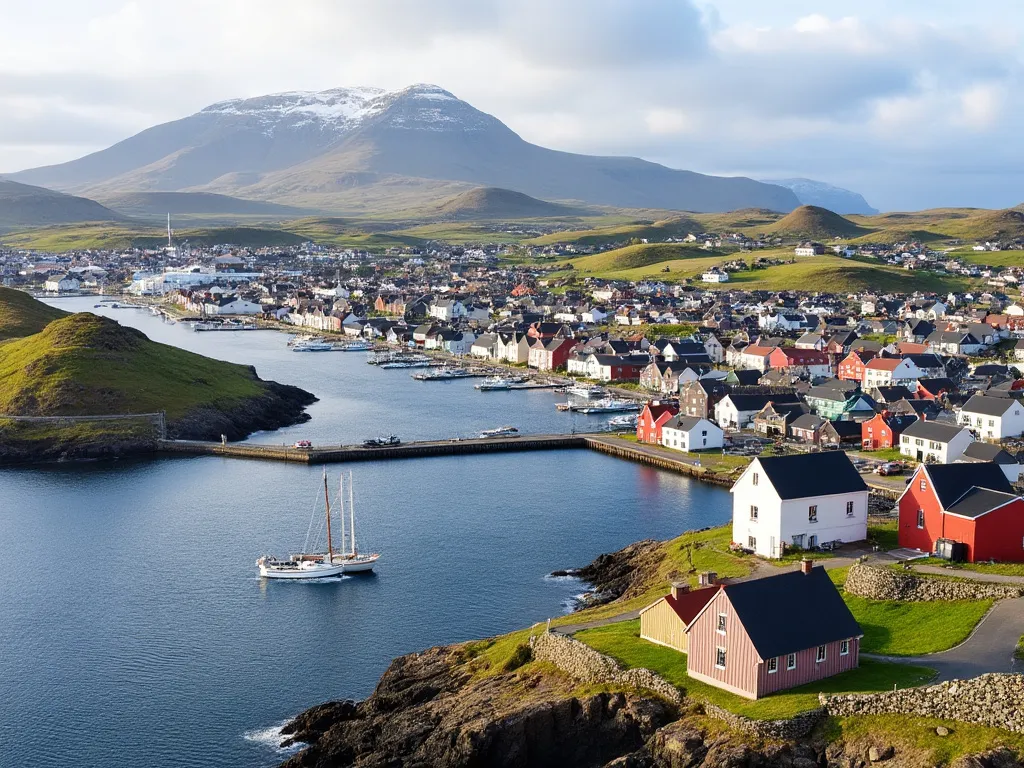 Tórshavn
Tórshavn
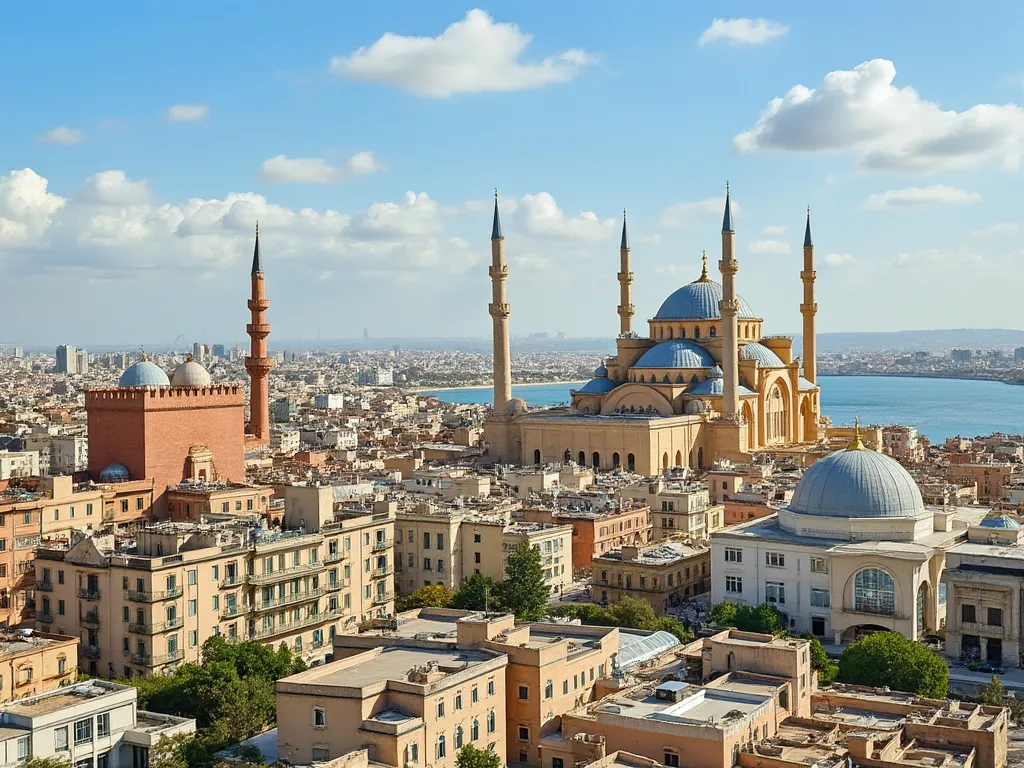 Tripoli
Tripoli
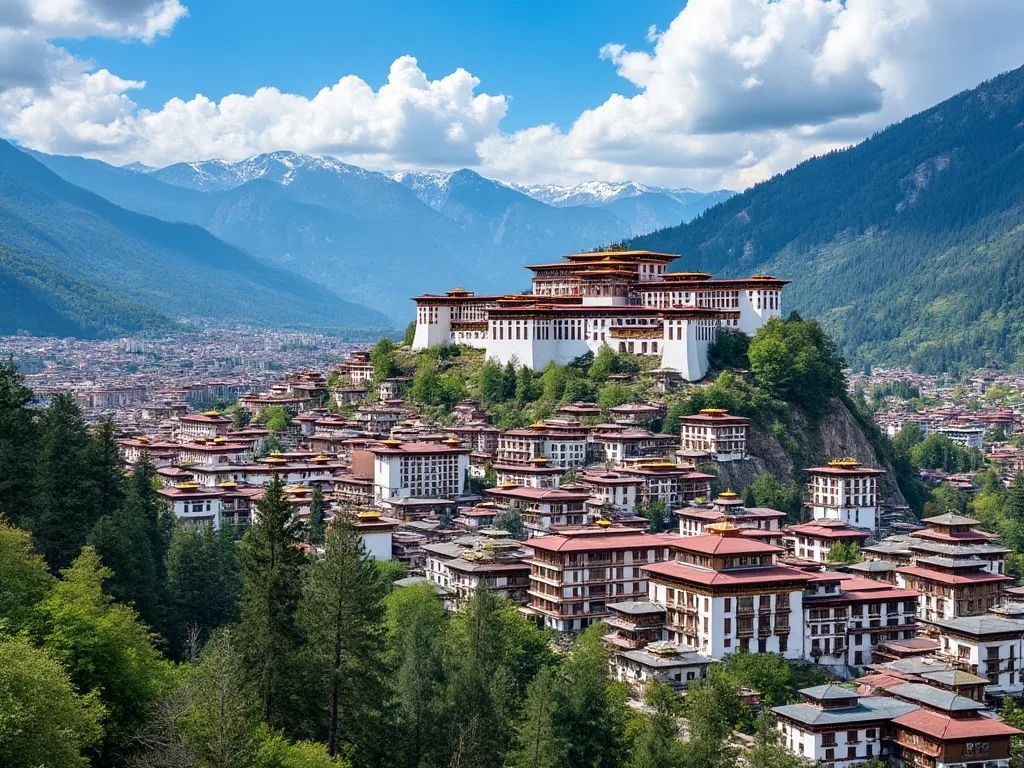 Thimphu
Thimphu
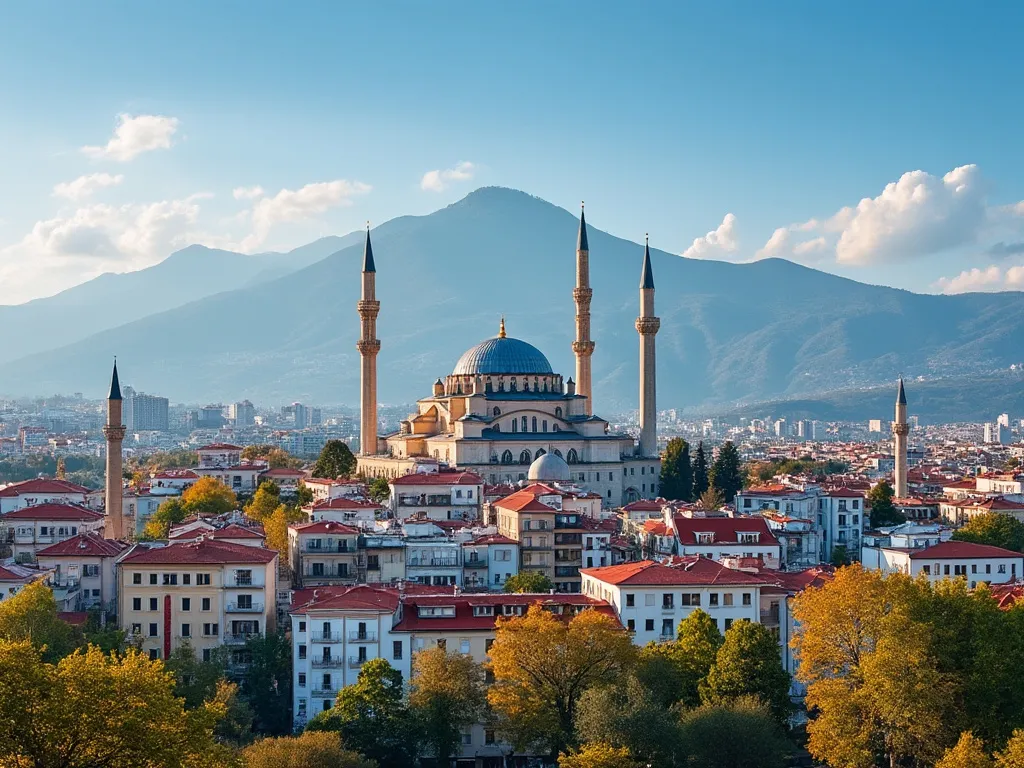 Tirana
Tirana